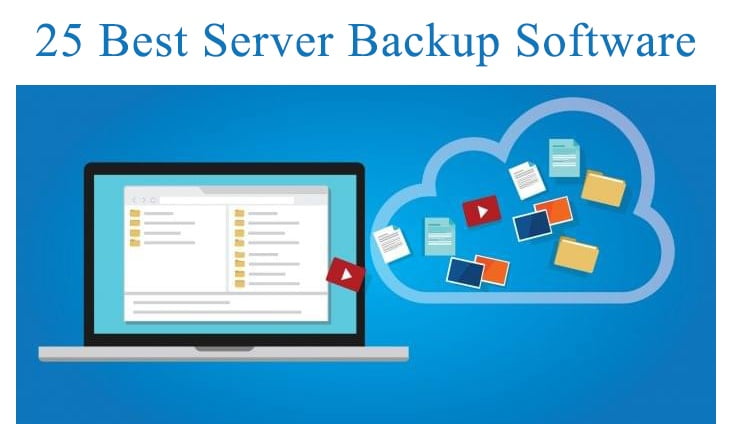
Data is growing exponentially, even doubling every year in some industries. You need a way to keep your business running in the unfortunate event of an outage or if data should otherwise get lost or corrupted.īut backups now consume more storage than ever.

That’s why maintaining current copies of data and applications is a must for ensuring business continuity. They can also be customised for additional space, and offer guaranteed and unlimited bandwidth for your regular backups.You can’t recover data and applications you haven’t kept. Unlike backup storage, backup servers can be accessed both from the internet and OVHcloud private network. It's also possible to centralise data from several servers and from several datacentres. This allows you to choose how and from where you want to access your backup files and configure it to suit your needs. While they offer more backup options, backup servers require administration just like your main server. Access to your storage is limited to the IP address of your server, which can be one your main IP addresses or a floating IP. You can access your backup storage files over a chosen protocol (FTP, FTPS, NFS, or CIFS) and easily upgrade up to 10TB. With backup storage, for example, you get free 500GB of storage and the space is managed entirely by OVHcloud. What is the difference between a backup storage and a backup server?īackup servers share some features with our backup storage option, but there are many key differences.

It is also possible to automatize backups with simple scripts, pushing data to the backup storage.

With FTP backup protocols such as NFS/CIFS you can mount your backup space locally on the server, so you are able to manipulate files as if they were on a local disk. It also provides a space for preserving data when you need to reinstall the server. The facility is useful for storing large amounts of data and configuration files. A backup storage is an NFS-based storage space designed for your backups that offers 500GB space for free with all OVHcloud dedicated servers.


 0 kommentar(er)
0 kommentar(er)
